Students at Tiber Health MSMS University Partner schools choose many professional health paths after graduation. Some students consider dental school as an alternative to an MD or DO program. This often leads to the question: Is dental school easier than medical school?
While both paths lead to rewarding careers in healthcare, the answer as to which one is harder isn’t straightforward. This article compares different aspects of each type of program.
Admissions: Similar Standards, Different Acceptance Rates
As we’ve written in the past, medical and dental schools are both highly competitive. Both types of school require strong academic performance in the sciences. Both require students to take a standardized admissions test: while medical school applicants take the MCAT, dental school hopefuls take the DAT. Both tests assess scientific knowledge, critical thinking, and problem-solving.
When it comes to selectivity, acceptance rates show that medical schools are somewhat harder to get into than dental schools. The American Dental Education Association (ADEA) reports that 58.6% of applicants were accepted to a dental program in 2023, while just 41.9% of med school applicants were accepted during the same year, per the Association of American Medical Colleges (AAMC). This is in part due to the fact that fewer students apply to dental schools than to medical schools: just 11,198 students applied to dental schools in 2023 (ADEA), while 52,577 applied to medical schools during the same cycle (AAMC).
Curriculum: Rigorous in Different Ways
Medical and dental students both follow intense, science-heavy curriculums, but they diverge in focus. Medical school emphasizes a broad understanding of human physiology and pathology, with students learning to diagnose and treat systemic diseases. Dental school, on the other hand, focuses on oral health, requiring mastery of anatomy, microbiology, and specialized procedures like prosthodontics and endodontics.
Medical students often spend the first two years in classroom-based learning and the next two in clinical rotations. Dental students also undergo extensive coursework but integrate hands-on practice earlier, beginning clinical work within the first two years. This practical aspect is an important differentiator between medical and dental school.
Pre-Clinical Coursework: Hands-On vs. Memorization
Dental students spend significant time developing technical skills through preclinical labs and patient care. This means hours of fine motor practice on wax models and mannequins before working on real patients. Medical students, in contrast, invest more time in memorization, diagnostic reasoning, and patient management.
While medical school requires deep theoretical knowledge across many specialties, dental students must develop precise skills for performing dental procedures, making their workload uniquely challenging. Manual dexterity and control are important for all dental students, while this is usually only a concern for medical students if they are pursuing surgical specialties.
Clinical Training: Specialties and Responsibilities
By their third year, medical students rotate through various specialties, treating diverse patient cases in hospitals. Dental students primarily work within a dental school clinic, treating patients under faculty supervision.
The intensity of clinical experiences varies—medical students often work long hospital shifts, while dental students focus on individual patient treatments within a clinic.
Residency: Required for Medical Students, Optional for Dental Students
One major difference between dental school and medical school is the post-graduate training required. Medical graduates must complete a residency (anywhere from three to seven years) to practice independently. To become board certified in a specialty, they may also need to complete a fellowship.
In contrast, most general dentists can begin working immediately after dental school, though specialists (like orthodontists, pediatric dentists, or oral surgeons) require additional training similar to a medical fellowship or residency. However, reports from the American Dental Association indicate that these residencies are usually on the shorter side – just one to three years.
Overall Difficulty: It Depends
Neither path is inherently “easier” than the other; they demand different skill sets. If you prefer hands-on procedures and immediate patient interaction, dentistry might suit you. If you’re drawn to diagnosing and treating complex medical conditions, medicine may be the better fit.
Ultimately, success in either field depends on your passion, work ethic, and personal strengths. Whichever option you want to pursue, a pre-medical MSMS from a Tiber Health University Partner can help you prepare. Find the right MSMS partner for you today!



